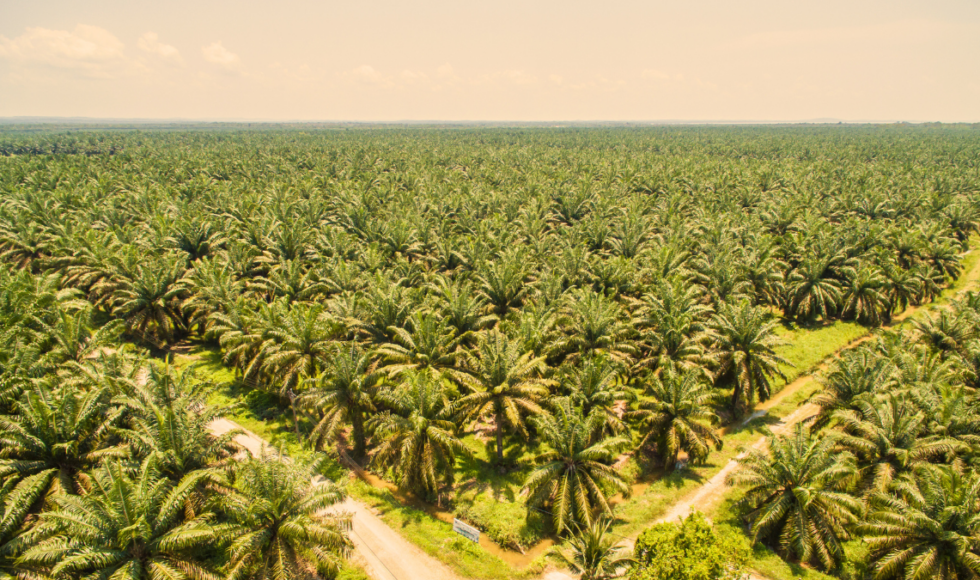The Project
The companies struggling to show progress in their commitment to ending commodity-driven deforestation in their supply chains are numerous. Deforestation and other climate-related risks can pose a major threat to investors’ portfolios. Consequently, it is crucial to be at the forefront of making impact measurable and visible.
In 2019, addressing sustainability issues in the palm oil industry was one of the engagement themes Robeco commenced. For this reason, the company partnered with Satelligence to monitor deforestation in real time in order to make way for new palm oil trees in the areas of Malaysia and Indonesia.
Robeco, a pure-play international asset management firm established in 1929, offers asset management services to both institutional and private investors with its integration of fundamental, sustainable and quantitative research.
Through our partnership, we have supported Robeco’s engagement on sustainable palm oil. We have helped the company identify risks, enabling them to start concrete discussions with companies about where and how these should change their business conduct to prevent deforestation.
The Challenge
Back in 2019, Robeco wanted to step up its efforts making sure palm oil-producing companies commit to and implement sustainable production of palm oil, in line with the standards of the Roundtable for Sustainable Palm Oil (RSPO).
For the engagement program to be effective, Robeco needed proof of how well companies are complying with the objectives, and deforestation can be hard to detect from the ground. They required the ability to develop real time monitoring of the palm oil companies commitments to no deforestation.
The Solution
Satelligence delivered real time actionable insights concerning deforestation in palm oil supply chains. They provided Robeco with data collected by satellites that take high-quality pictures from orbit, allowing ‘before-and-after’ comparisons to be made continuously.
The imagery gathered came from satellites operated by the European Space Agency (ESA), the Japanese Aerospace Exploration Agency and NASA, orbiting 700 km above South-East Asia, West Africa and Central and South America.
The ESA’s Sentinel-1 satellite, launched in 2014 as part of the Copernicus scientific program, is so powerful it can pinpoint and precisely ‘photograph’ pieces of land five meters in diameter through the clouds.
The satellites are able to target different crops subject to sustainability issues. Artificial intelligence is used to enhance the data analysis and keep track of quickly moving events. Continuously updated, it provides a real-time commodity map of the world.
The data can be used to engage with plantation owners, traders, intermediaries and other players in the supply chain, as well as to alert authorities of any criminal activity.
The Impact
As a responsible investor, Robeco has been engaging with palm oil producers, traders and buyers on sustainability-related issues since 2010.
In recent years, the company has stepped up its engagement with the producers of palm oil to address sustainability issues in the industry and is trying to address these problems by combining enhanced engagement and sustainability investing methodology.
During this project, Satelligence has provided Robeco with company-based deforestation risk for its portfolio assets, using the information given to make investment decisions and engage with their assets.
The asset management firm continues its efforts to address deforestation, one of the greatest challenges faced by the industry.
“By collaborating for this pilot, Robeco can be at the forefront of integrating satellite-derived sustainability metrics into sustainability research to support our investment decisions” says Peter van der Werf, Robeco’s engagement specialist.
“Together with Satelligence, we can build a system that can monitor the progress of companies towards 100% RSPO-certified plantations, and drive the transformation to a sustainable palm oil industry”.
